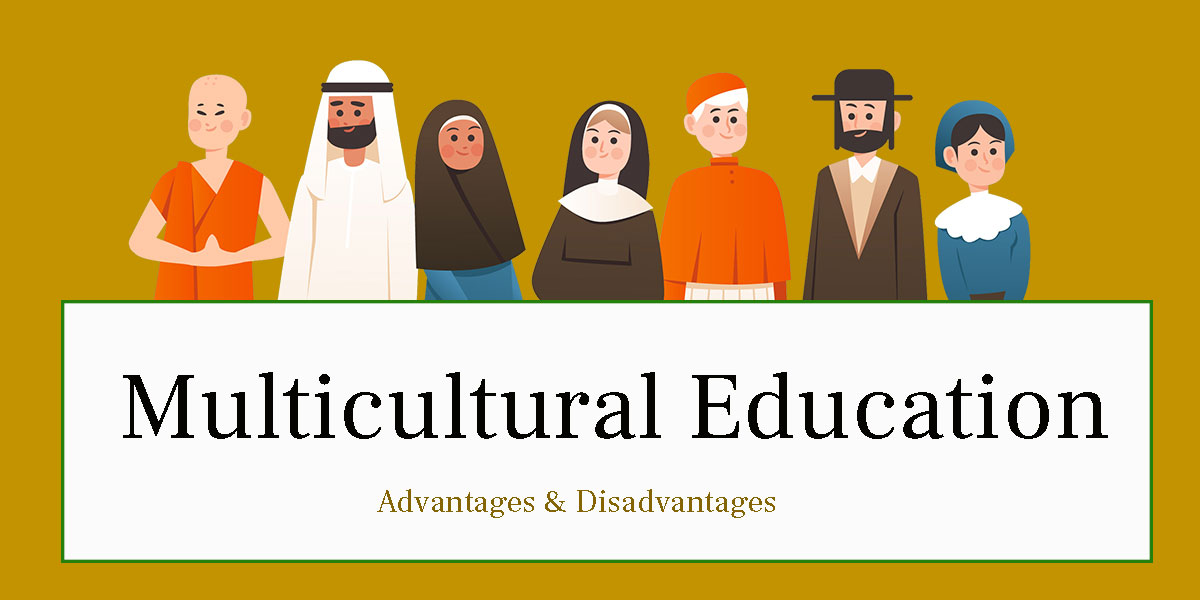Multicultural Education
Multicultural Education is a worldwide friend explored diary distributed intermittently by Global Diary Documentation and Exploration Establishment (IJDRI). Multicultural Education looks for a reassessment of the multitude of human and sociologies.
The requirement for interdisciplinary methodologies as a vital aspect for reviving and coordinating both educating and learning is progressively perceived in the foundation. Turning out to be progressively clear examination is interdisciplinary. Our Diary is intrigued to advance interdisciplinary exploration on the planet, to advance the trading of thought, and to unite analysts and scholastics from every one of the nations.
What is the meaning of multicultural education?
Multicultural education is a thought, an educational change development, and a cycle (Banks, 1997). As a thought, multicultural education looks to set out equivalent educational open doors for all understudies, including those from various racial, ethnic, and social-class gatherings.
What is multicultural education and why is it important?
Multicultural education values different understudy societies and gets ready understudies to flourish in a different world. At its center, multicultural education cultivates correspondence, equity, and value, and it lays out the truth of philosophical standards in homeroom conditions.
Why is multicultural education important in our schools?
Multicultural education permits understudies to level up their decisive reasoning abilities on subjects encompassing social and social issues, including "institutional bigotry, inequity, sexism, ableism, ageism and homophobia" (Gollnick& Chinn, 2006).
The extent of Multicultural Education is centered around mental examination both in subjects covered as well as disciplinary point of view:
Cognitive Research in Education Cognitive Pedagogics
Cognitive Psychology Psycholinguistics
Cognitive Linguistics Cognitive Culture Studies
Cognitive Neurophysiology Cognitive Aspects: Sport Culture
Cognitive Aspects: Methodology of Knowledge Development of Learning Environment
Education Administration Educational Psychology
Educational Technology Educational Religion
Elementary Education Innovative Pedagogical Models
Learning Systems Platforms Media Education
Science Education Teaching and Learning Technologies
Law Educational Legal
Health Health Education


